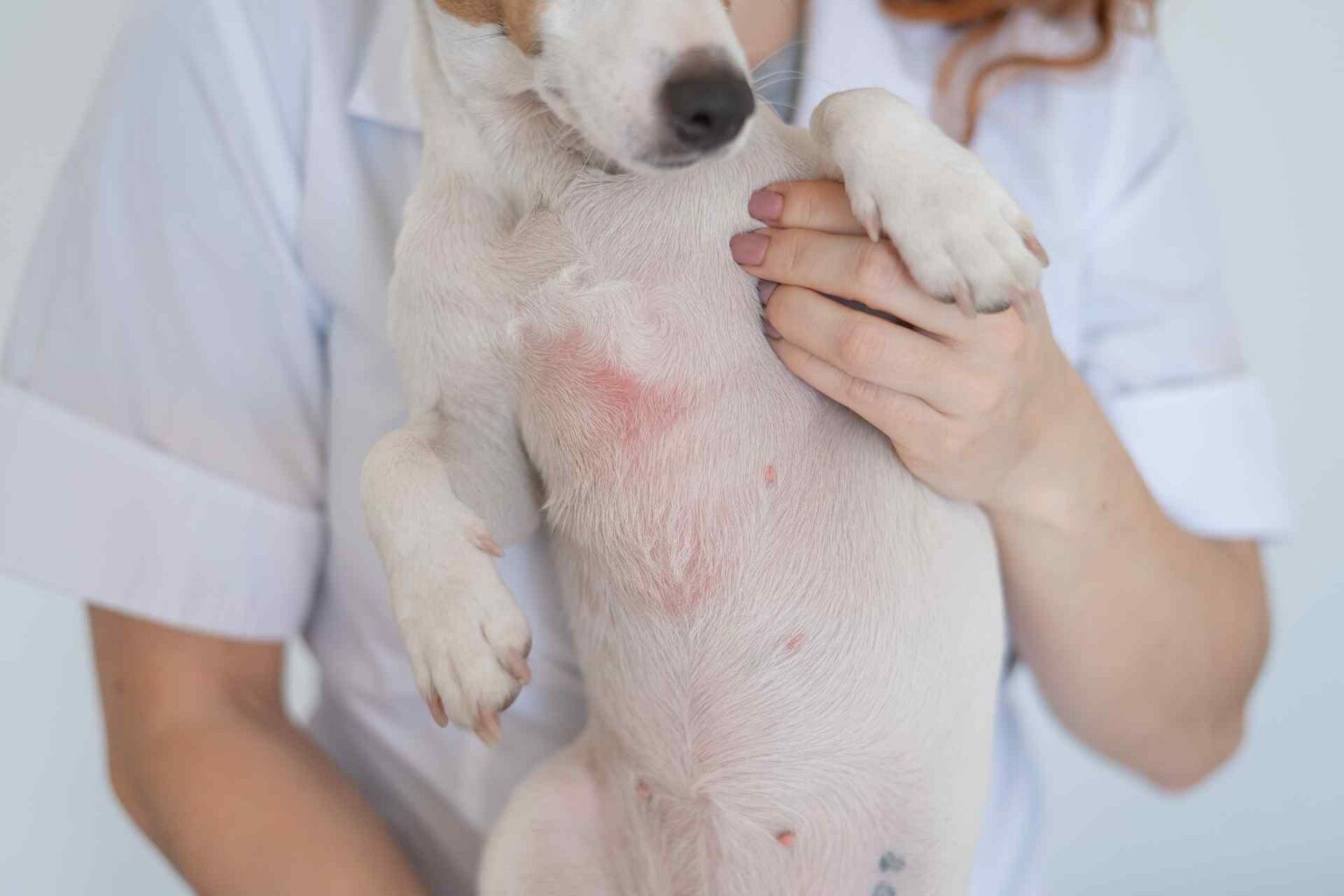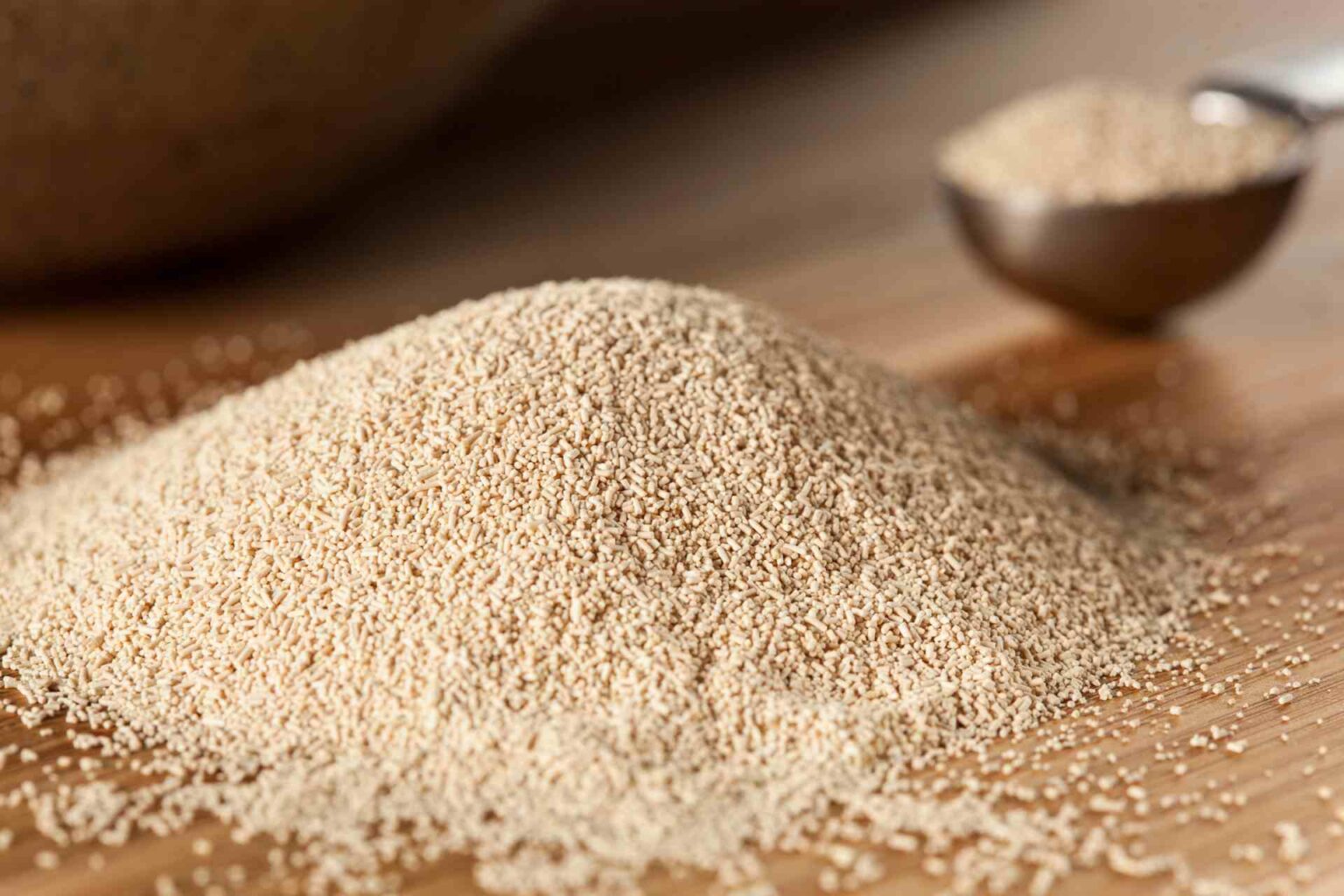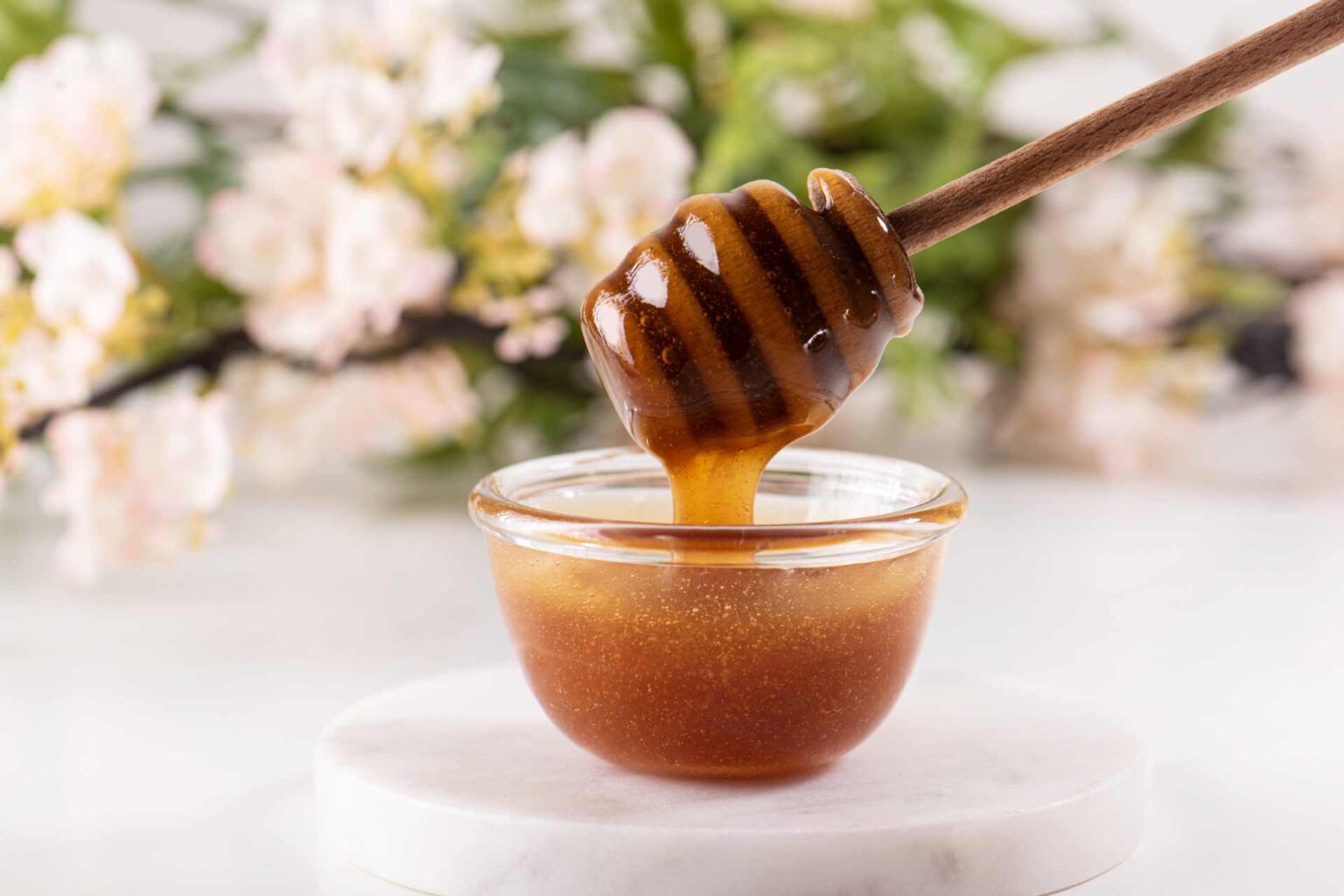In addition to the skin-level effects, which manifest as barrier impairment, itching, and lesions, atopic dermatitis causes alterations in the gut microbiome in affected dogs.
A study evaluated the effects of a nutraceutical formulation based on blackcurrant oil, Lactobacillus reuteri tindallyzed, nucleotides, and zinc oxide on the gut microbiome, fecal score, and itching assessed by the VAS scale (Visual Analogue Scale) in 45 dogs with atopic dermatitis, on maintenance therapy for at least one year.
The dogs were fed a diet of hydrolyzed chicken and rice, keeping current therapies unchanged for the duration of the study. The nutraceutical(Ribes Pet Symbio®) was administered once daily to all dogs for the first 60 days, while in the second phase of the study, also lasting 60 days, administration was discontinued.
Microbiome analyses were conducted on stool samples collected at baseline and after 60 and 120 days from the start of the study, calculating the fecal score and dysbiosis index. The SEA score was also calculated at the same times.
Statistical analysis indicates that the fecal score, dysbiosis index and VAS score improved significantly in the first 60 days. In contrast, between day 60 and day 120, that is, when nutraceutical administration was stopped, the fecal score and VAS score did not change significantly, while the dysbiosis index worsened.
The results of the study, therefore, indicate that this nutraceutical, based on black currant oil, Lactobacillus reuteri tindalus, nucleotides, and zinc oxide, is useful in controlling intestinal dysbiosis and itching in dogs with atopic dermatitis.
Reference
Cornegliani L, Persico P, Gramenzi A. Effectiveness of a nutraceutical with blackcurrant oil and tyndalised Lactobacillus reuteri in controlling intestinal dysbiosis and pruritus in atopic dogs. Veterinary Dermatology 2020;31(Suppl. 1):6-109.












